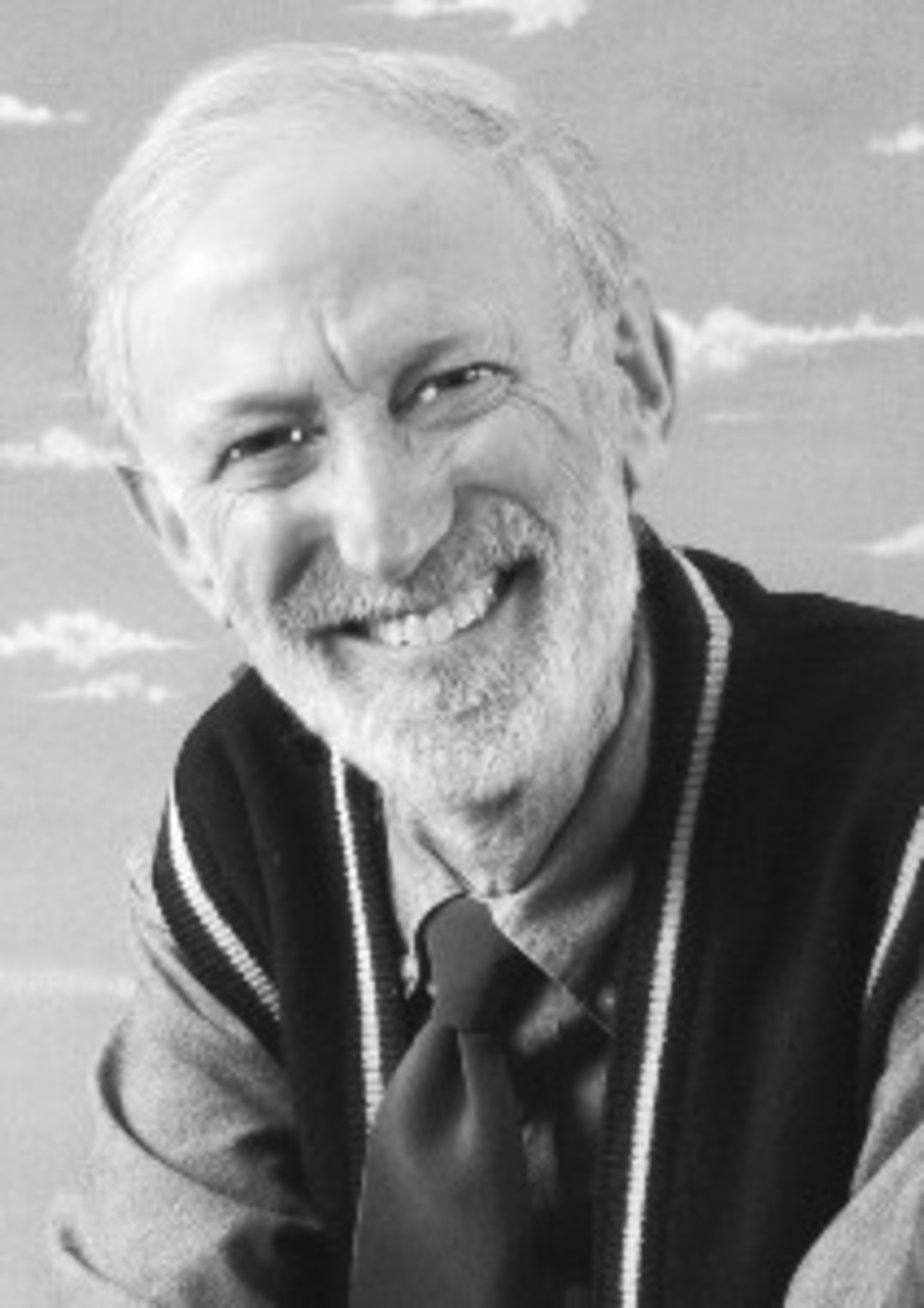A boy’s battle for life
We met at a coffee shop. I was looking for him, and he for me. I took note of a slim cane on the floor beside his table. “Fink?” he inquired. We had arranged our rendezvous because his dentist told him that I was a person who would listen attentively to the story of his life. He had delayed our encounter for several weeks. His tale could not have been something for him to look forward to. I knew he worked in the trade market for necklaces, bracelets and earrings, “paste, glass, not precious stones or metals,” he said.
Gary Weintraub left his native Germany after Kristallnacht, the Night of Shattered Glass, when his father was arrested and sent to a concentration camp. Because it was still pre-war, he was able to bribe a guard to get a message to his wife. “Get out, at once!” And so, with his mother, Gary as a boy – he was about my age at the time – took off for whatever country would accept them. How did they escape? “My mother knew enough to hide money among her clothing and to put cash in the pages of our passports.”
They tried Palestine. The British would not permit their entry. They knocked at the gates of India. Again the English refused to let them in. Indonesia, wherever, anywhere, but they arrived in the Jewish colony in Kobe, Japan, that is until Pearl Harbor. Next, they were shipped to Shanghai, and here they dwelt within the confines of the Jewish quarter. It was dangerous, but they somehow survived. “I ran from ... the American planes strafing the Japanese supply depots where oil was stored. I caught my legs on a barbed wire fence. I took my knife and cut myself free. Did it hurt? You do what you have to do to survive! At the age of 11, I killed a Chinese gang leader, who would have murdered me first ... did I feel remorse? No time for that.”
The terrible tale of the boy’s battle to stay alive was filled to the brim with fearful details. “Nevertheless I learned Chinese and studied English. We knew, or believed, that America was the only safe place in the entire world and so we practiced the language of our future. When we got to California, a couple of years after the war was over, more or less, I spoke, unfortunately, with an Oxford accent. I remember the first shop I entered, the sales girl was chewing gum and talking casually. She couldn’t understand a word of my proper usage!”
Crossing the country, a lost soul but also a young man on the road to recovery, he sought out friendships, alliances, romances, on the east coast. “I visited the exclusively German-Jewish club where the culture was focused on common bonds. And then, in the bar at the Catskills, I found a young lady who had laryngitis or something. I sent her to her room for rest, and then phoned the desk. I asked them to send a doctor to her room and to put it on my bill!” That was the girl he later married. Half a century ago! “Was it a good marriage?” “Yes, although we have quite different characters. She is more of an introvert, and I am an extrovert!” he declares openly and simply.
They had a son and a daughter. Their daughter lived on the East Side with her four children, two boys, two girls, but recently moved to East Greenwich. “I hope she will take over my business.” Their son resides in California. “He’s in the entertainment industry.”
“Do they know your story, your past?” “Not really,” he answered, a reply that did not surprise me. “I gave them both bar and bat mitzvahs. We belong to a synagogue. But where was God when we so needed Him?” Gary took his children to see Spielberg’s movie set in wartime Shanghai. “I recognized the streets, and when I visited the city of my youth, I had a tour guide who knew absolutely nothing of the era. Her parents were killed in the Cultural Revolution. That’s how utterly one’s past can be erased!
“But it is good to get it out, to have a conversation,” he added. We shared the tastes of the same generation. We had both heard Edith Piaf perform, and listened to the old Berlin ballads as sung by Marlene Dietrich. Even a dreadful childhood leaves behind some moments for which one is nostalgic, perhaps just the lyrics or melody of a song. “I have the feeling that this is the final chapter of my life,” Gary went on. “I take injections for pain, for various ailments. My business has its ups and mostly downs. Fashions in costume jewelry come and go very quickly. Expenses rise and profits fall. The center for our product used to be right here in Providence, but now I am a relic of the manufacturing empire.”
I shook hands with Gary warmly with promises that we would meet again and go on with his history. I could not help but compare the anxieties of my boyhood with the actual crises of his journey on our shared planet. We were just two Rhode Island residents who had sat for an hour at a small table across from the peaceful park where Providence and Pawtucket meet.
MIKE FINK mfink33@aol.com teaches at RISD.








